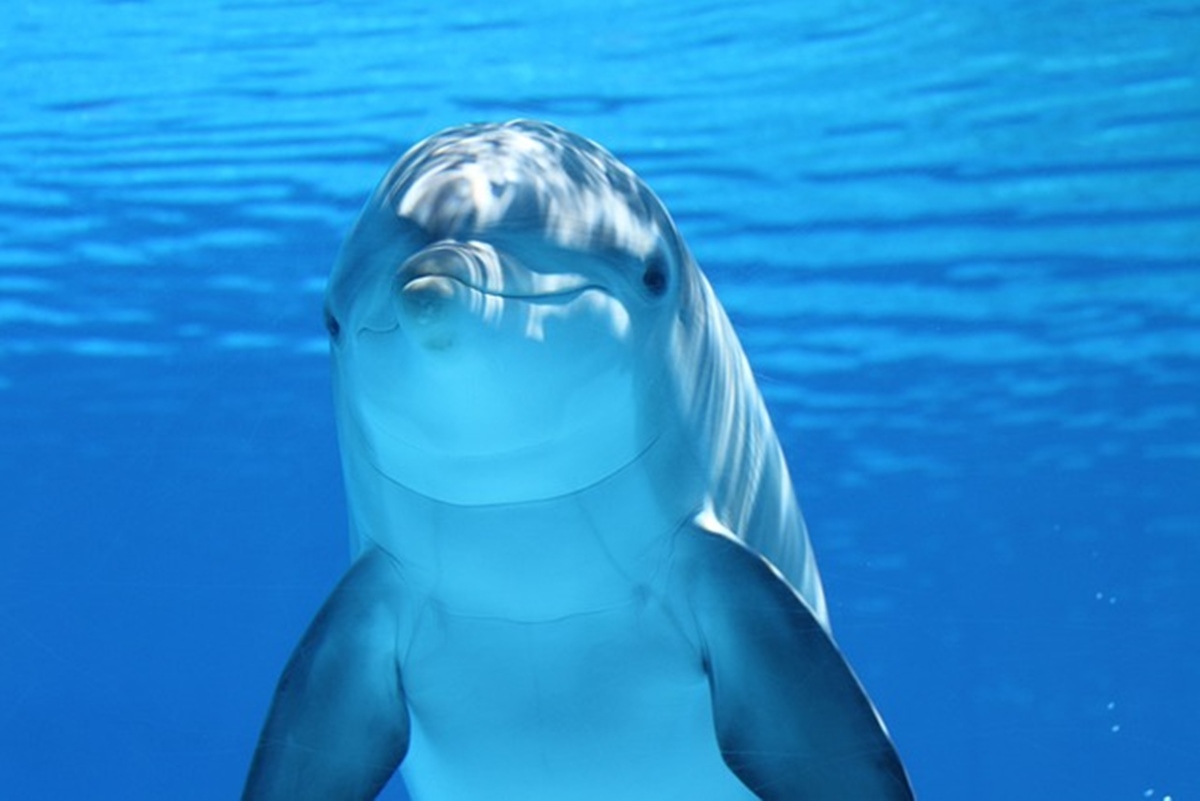Scuba diving is an extraordinary activity that allows you to explore the diverse and captivating ecosystems beneath the beautiful sea.
However, to fully enjoy this enchanting experience while ensuring safety, it is essential to enhance your scuba diving skills.
In this article, we will explain the crucial points for improving your scuba diving skills, incorporating specialized terms.
This site contains advertisements
Would you like to buy goggles?
Mastering Basic Techniques is Crucial
To fully appreciate the allure of scuba diving and ensure a safe and enjoyable experience, mastering fundamental techniques is essential. Beginners should prioritize learning basic skills such as buoyancy control, underwater signaling for safety, and maintaining proper body posture. For instance, mastering buoyancy control involves understanding the correct placement of balance weights and utilizing the buoyancy control device (BCD) effectively. Accurate buoyancy adjustment enables smooth underwater movement and reduces unnecessary energy consumption, contributing to a comfortable diving experience.
To gain a more specific understanding of mastering fundamental techniques, consider the following five topics:
Buoyancy Control: Proper configuration of balance weights and effective use of the BCD are essential for a diver to maintain a stable depth without floating or sinking. This ensures smooth underwater movement and minimizes energy expenditure.
Signaling and Communication: Since verbal communication is not possible underwater, divers rely on hand and body signals. Understanding precise signals, such as the “OK” sign or signals indicating danger, ensures accurate communication and swift responses for a safe dive.
Maintaining Body Posture Underwater: Sustaining the correct underwater posture is crucial for efficient and comfortable movement. Adjusting the position of the head and feet minimizes water resistance, preventing energy wastage.
Use of Dive Computers: Dive computers are commonly used nowadays, providing real-time information on remaining dive time and buoyancy status. Utilizing these devices properly allows divers to monitor their status and adhere to the dive plan.
Emergency Response: Calm and rapid responses are crucial in emergencies. Knowing how to handle situations like a displaced mask or providing appropriate support to a fellow diver in distress is essential.
Understanding and applying these topics in actual dives contribute to the mastery of fundamental techniques.
Fitness and Stamina Improvement as Keys to Advancement
Scuba diving demands suitable fitness and ample stamina due to the increased energy consumption during underwater activities. Enhancing fitness through exercises tailored for underwater swimming and diving is crucial for building the necessary stamina. For instance, incorporating underwater leg exercises and stretches can contribute to improving fitness and stamina. Adequate fitness and stamina are vital for enduring deep-sea explorations and prolonged diving.
To focus on enhancing fitness and stamina, consider the following five topics:
Importance of Underwater Exercises: In addition to regular land-based exercises, incorporating underwater exercises is vital. Water resistance enhances muscle usage, making underwater training more effective for stamina improvement.
Improving Endurance: Endurance is essential for enduring long dives. Training through underwater swimming and drifting enhances endurance effectively.
Significance of Breathing Techniques: Accurate breathing is crucial in scuba diving. Learning proper underwater breathing conserves oxygen efficiently, leading to energy conservation.
Strength Training: Muscles, especially in the legs, waist, and back, play a crucial role in underwater movement. Targeted strength training enhances stability in posture and movement underwater.
Recovery and Rest: Adequate recovery and rest after diving are integral to stamina improvement. Ensuring sufficient rest prepares divers for subsequent dives, contributing to sustained stamina improvement.
Focusing on these topics and implementing a training plan can effectively enhance fitness and stamina.
The Importance of Instruction and Training
The improvement of scuba diving skills necessitates professional instruction and regular training. Insightful guidance from experienced instructors and consistent training contribute to skill enhancement, enabling calm and informed decision-making in challenging situations. Instruction covers emergency response during dives and proper procedures for equipment malfunctions. Simulated dives and training in conditions replicating real underwater scenarios contribute to practical skill development. Professional guidance and regular training are indispensable for achieving safe and effective scuba diving.
To understand the points of instruction and training more specifically, consider the following five topics:
Emergency Response Training: Instruction includes training for emergencies such as panic underwater or assisting a fellow diver in distress.
Dealing with Equipment Issues: Equipment malfunctions are inevitable during dives. Training involves basic equipment maintenance and procedures to address issues.
Underwater Navigation: Divers must accurately navigate underwater and reach their destinations. Instruction covers underwater navigation basics to advanced techniques, fostering a sense of direction.
Dive Planning: Planning safe dives is crucial. Training involves creating dive plans for various conditions and depths, guiding divers to act based on these plans.
Group Diving: Diving often occurs in groups. Instruction emphasizes the importance of communication and coordination within a group for safe and smooth dives.
Focusing on these topics, receiving professional guidance, and undergoing regular training enable divers to adapt to various situations and acquire versatile skills.



コメント